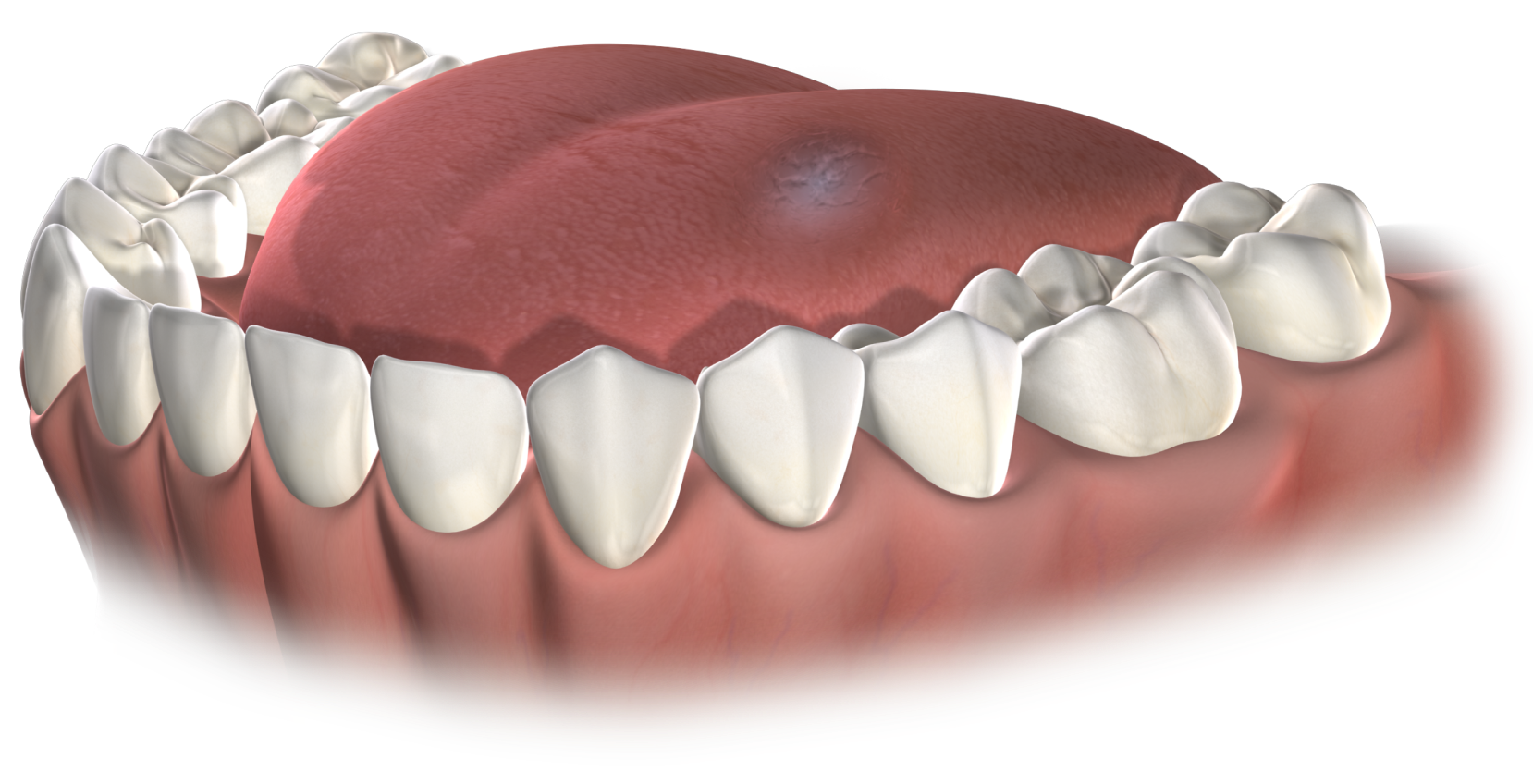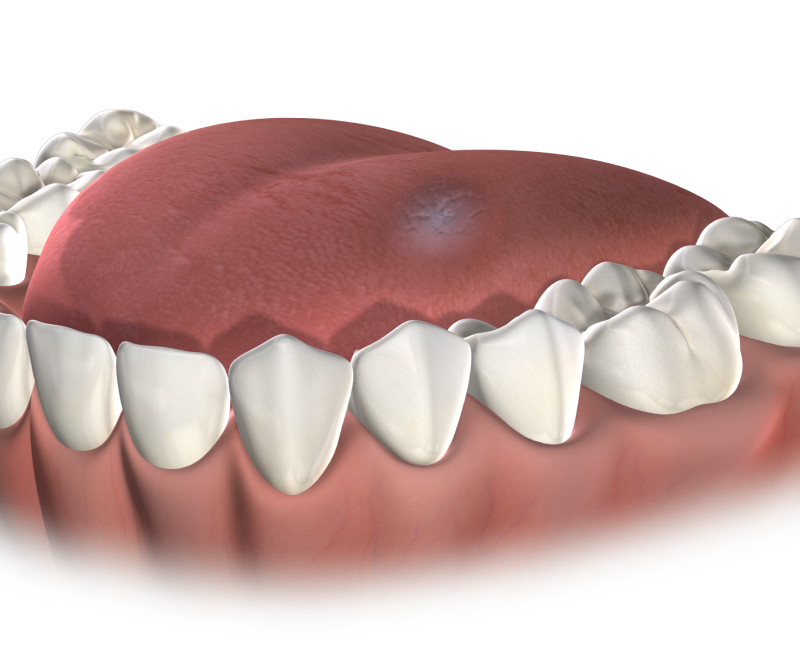Identify & Manage Oral Disease
Maintaining optimal oral health is paramount when dealing with oral pathology. Oral pathology involves the identification and management of changes within the mouth or facial region that may indicate a pathological process. These changes range from common conditions like cysts, ulcers, infections, and congenital diseases to more severe cases such as oral cancer.
At the Shawn B. Davis, DMD, Oral & Facial Surgery Institute, Dental Implant Specialists, our seasoned oral surgeon, Dr. Davis, is dedicated to assisting you with any indications of oral disease. From early detection of oral cancer to the treatment of various oral conditions, our team is committed to providing accurate diagnosis to get you on the road to optimal outcomes quickly. Contact us today to arrange an appointment.
Signs of Oral Cancer and Disease
Regular dental appointments and self-examinations are crucial since symptoms may not always manifest as pain or discomfort. Performing a monthly oral exam is recommended to identify any changes or abnormalities in your mouth. Start by facing a mirror and opening your mouth wide. Look for visible patches of discoloration, persistent sores, and thickened mouth lining. If you notice the following symptoms, you may be experiencing oral pathology:
- Difficulty with chewing, swallowing, or speaking
- Persistent hoarseness or sore throat
- Numbness or pain in the mouth or lips
- Loose teeth or a change in bite
- Swollen or bleeding gums
- Persistent bad breath
You may be exhibiting indications of oral pathology. Reach out to our practice to get the answers you need and access care that can put you on the path toward improved oral health.
Oral Pathology Treatment
Treatment approaches for oral pathology vary depending on the condition's nature. During your visit to our office, Dr. Davis will conduct a comprehensive oral examination and may perform 3D imaging. In some cases, a biopsy may be necessary to determine the appropriate treatment steps. Before the biopsy, local anesthesia is administered to ensure a pain-free procedure.
Subsequently, Dr. Davis will carefully extract a small tissue sample from the affected area, which will be sent to a laboratory for analysis. Based on the pathologist's findings, a diagnosis will be provided, and treatment options will be discussed. While benign growths or infections can often be managed with oral medications, creams, or removal procedures, more severe cases such as oral cancer may necessitate chemotherapy, radiation therapy, or surgical interventions.
Types of Anesthesia
Depending on your procedure, you will receive one of the following forms of anesthesia to ensure your comfort.
Preventing Oral Cancer
While complete prevention of oral cancer is not guaranteed, certain measures can help reduce the risk:
- Avoiding tobacco products
- Moderating alcohol consumption
- Shielding your lips from sun exposure
- Undergoing regular dental checkups
By adhering to these preventive measures and seeking timely medical attention, you can mitigate the risk of developing oral cancer and other oral pathologies.
Providing Excellent Oral Surgery in St. George
Outstanding outcomes and excellent care. That's our goal at Oral & Facial Surgery Institute. At our office in St. George, we're able to craft beautiful smiles and serve our community. If you're looking for an incredible option to access oral surgery, contact our office to learn more about how we can help you achieve optimal oral health.

